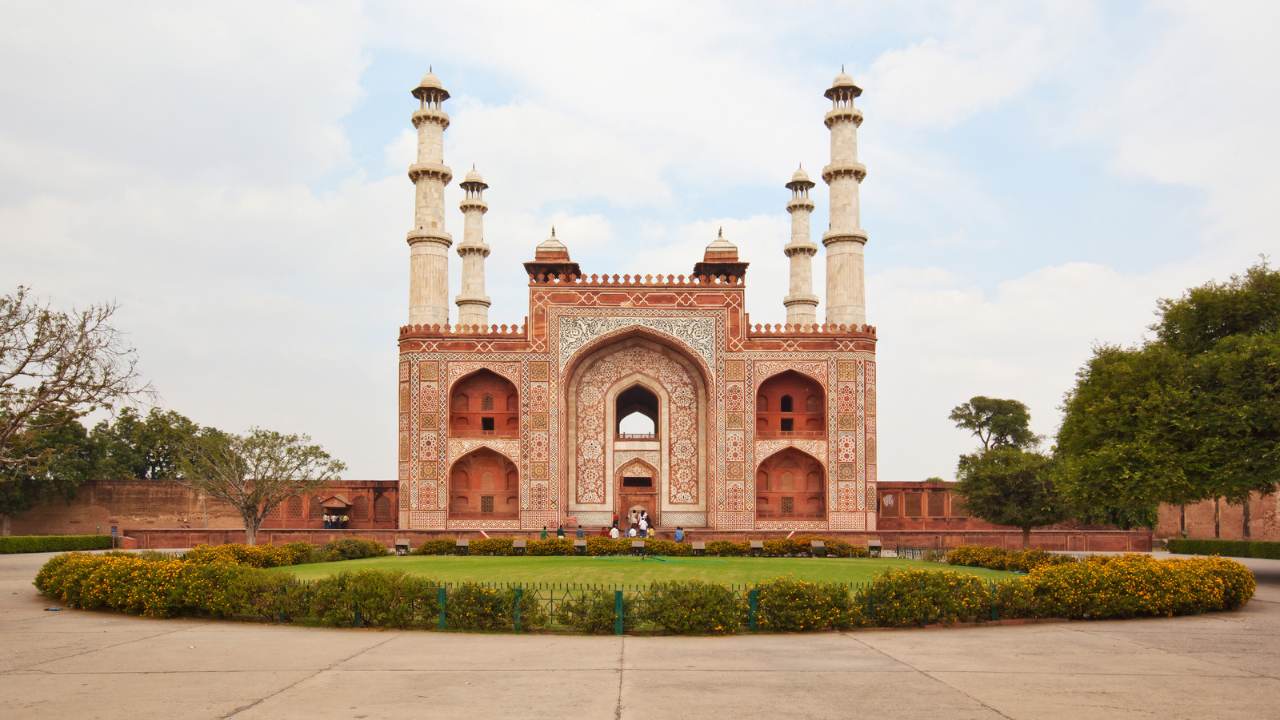
It is well known that the Emperor Akbar had syncretic, fast-changing religious views. At one point he was influenced by the Chishti school of Sufism and the Spanish-Arab scholar Ibn Arabi; at other times he seemed to reject Islam and portray himself as a saintly and divine figure. But towards the end of life, Akbar returned to orthodox Islamic practice, including the five daily prayers.
The Emperor’s actual religious policy was more coherent. In 1563 Akbar scrapped the pilgrimage tax on non-Muslim institutions, and the following year he formally abolished the jizya, a poll tax on adult non-Muslim males), declaring legal equality for religious groups. (Much was made of this by twentieth-century historians, but earlier Muslim rulers in India had rarely actually levied the jizya.)
Akbar went even further, banning the killing of cows and peacocks, enthusiastically partaking in Hindu festivals, and patronising temples. “No man shall be interfered with on account of his religion,” the Emperor declared, “and anyone should be free to go over to any religion which pleases him.”
Richard Eaton, India in the Persianate Age: 1000-1765 (2019)
Ira Mukhoty, Akbar: The Great Mughal (2020)